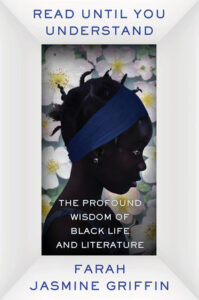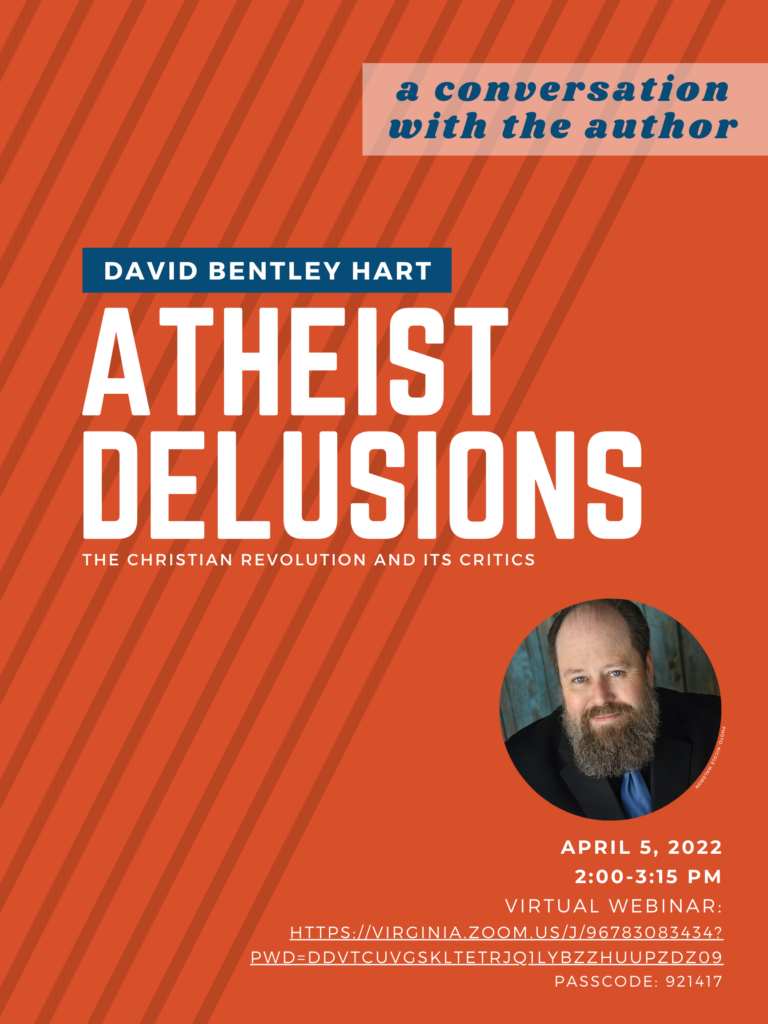The Profound Wisdom of Black Life and Literature
From Dante Stewart’s reading list comes this blend of memoir, aesthetics, political philosophy, and literary criticism by Farah Jasmine Griffin, the William B. Ransford Professor of English and Comparative Literature and African-American Studies at Columbia University. Named a “best book of the year” in 2021 by both the PBS NewsHour and Publishers Weekly, Read Until You Understand takes its title from a note Griffin’s father, who died when she was nine, wrote her as a child.
Griffin’s father had her study the United States’ founders and founding documents even before she started school, having her memorize the opening of the Declaration of Independence, the preamble to the Constitution, the Gettysburg Address, and the names of the country’s presidents. Her father was “a natural-born storyteller,” and because she adored him, she “experienced learning as love.” This book is her love letter to what she has learned from Black writers, orators, and artists from Frederick Douglass to Malcolm X, Marvin Gaye to Stevie Wonder, Phillis Wheatley to Toni Morrison.
Griffin credits her lifelong engagement with Morrison as the inspiration for the questions that animate her book: “What might an engagement with literature written by Black Americans teach us about the United States and its quest for democracy? What might it teach us about the fullest blossoming of our own humanity?” Read until you understand.
Reviews and endorsements of the publication include:
Quietly captivating…This is a life lived among books, and reinterpreted through them.
— Carlos Lozada, Washington Post
A book like Read Until You Understand takes courage to produce…Griffin’s evangelizing of Black literature does what the best sermons do: It sends you back to Scripture—Baldwin, Coates, Morrison, David Walker and others—to discover or rediscover them, to ponder and treasure them anew.
—Monica Drake, New York Times Book Review
The insight and joy bursts from Read Until You Understand authored by one of the greatest literary scholars of our time. Thank you Farah Jasmine Griffin for this sage gift, for packaging all these sage gifts for us.
— Ibram X. Kendi
Farah Jasmine Griffin is one of the few great intellectuals in our time! This wise and powerful memoir is a masterpiece. Griffin beautifully weaves her profound devotion to the life of the mind with her deep and abiding love of Black people and culture. Her magical words enchant and empower us like those of her towering heroes—Toni Morrison, Billie Holiday, James Baldwin, and Wilhelmena Griffin!
— Cornel West
Farah Jasmine Griffin’s vivid, passionate, and powerful tribute to the great gifts of Black culture offers a deep dive into such fundamental human themes as freedom, justice, rage, death, beauty, and love, as lived and celebrated through her own experience, music, and creative art, and that of countless others in the community she embraces, from the legacy of Black history to her own family, her wide explorations of literature and art, and her close friendships with many artists and writers.
— Elaine Pagels
Read Until You Understand gives us Farah Jasmine Griffin in full and mighty sail. Keen cultural analysis, storytelling, and gorgeous lyricism combine in this book that makes a genre of its own. In recollection there is profound insight here; we have a portrait of a rich Black community in place and time, and of the teachers Griffin finds in neighborhood, family, books, and music. The sounds, words, and wisdom that Black folks make also make us, and no one expresses that with more beauty and power than Griffin. This book is a talking book, a teaching book, and a treasure.
— Elizabeth Alexander
For more information on the publication, click here.



